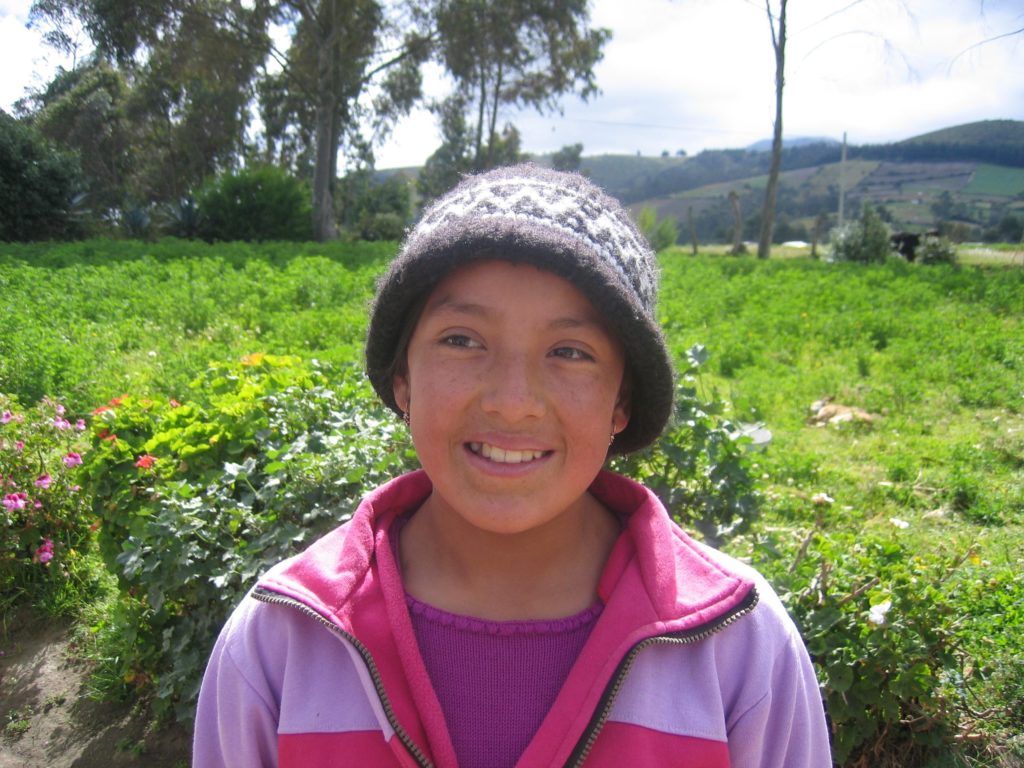Keeping Communities Safe during COVID 19: A Chiapas Perspective
In the rural communities around San Cristóbal de las Casas, where most people have good reasons to be suspicious of anything coming from either the federal or state governments, many do not believe the warnings about a health crisis; it is just another strategy of a corrupt government to control and take advantage of Chiapas which has one of the poorest populations in the country but is rich in natural resources.
In “normal” times, Chiapas is marked by inequality, injustice and exploitation towards the majority of its people.
- Chiapas produces 35% of Mexico’s electrical energy, yet 34% of the people who live in Chiapas are without electricity.
- 30%of the fresh water of Mexico is in Chiapas
- In spite of being rich in agriculture and natural resources (including oil, uranium, fresh water and biodiversity), nearly 40% of the population lives in poverty.
- 30% of school age children are unable to attend school. Illiteracy is around 20%.
- Only 35% of the population has access to clean drinking water.
- In Mexico there are 62 distinct indigenous cultures. 9 are present in Chiapas. Many people speak only the language of their ancestors, not Spanish.
Four weeks ago, the leaders of the Zapatista movement which maintains open opposition to the federal government because of the above stated injustices as well as human rights abuses, closed their communities; until further notice, no one will be allowed in or out of Zapatista controlled communities to protect some of the most vulnerable indigenous populations in the state from becoming infected. Once the Zapatistas made their announcement, more and more people began to take notice and listen to the directives from the Federal government. Even though the Federal government is encouraging people stay at home and take other health precautions, these directives can only be partially enforced when so many people survive on a day to day basis; if they don´t sell their wares, clean a house, or find an odd job, then their families don´t eat.
The Institute of Intercultural Research and Study has outlined the following actions in response to the pandemic.
- One of the primary programs of the Institute has long been community development and food sovereignty. During the pandemic, 500 families in rural and semi-urban communities will receive seed packets of fast growing vegetables along with basic information about how to plant and care for a family garden. The message is for everyone who can to plant food now so as to strengthen the local capacity to provide for basic food needs. This program is also producing short radio messages and flyers in Spanish as well as the Mayan languages to help provide trustworthy information in isolated communities.
- Another primary program at the Institute involves “healing of the heart.” This program is primarily directed towards leaders within the Catholic Diocese. Local leaders and priests have participated in workshops on “Resilience, Dignity and Grief” in preparation for the short and medium effects of the pandemic. Plans have also been laid out to strengthen networking and communication, especially in the Mayan languages.
- Roots in the ruins: hope in trauma is a more recent program at the Institute. This program is providing information, videos and webinars on healing practices, resilience and dignity awareness development, compassion fatigue, moral injury, processing grief, and emotional care for children, youth, the elderly and shut-ins to facilitators in Chiapas and Oaxaca, other parts of Mexico and several Latin American countries.
Elena Huegel serves with the Intercultural Research and Studies Institute (INESIN) in Mexico. Her appointment is made possible by your gifts to Disciples Mission Fund, Our Church’s Wider Mission, and your special gifts.
Make a gift that supports the work of Elena Huegel

